Meaning: houseReading: カ、ケ、いえ、や、うち* 家族(カゾク): a family, one’s family (members)家庭(カテイ): a household, a family一家(イッカ): (somebody’s) entire family, a family 家来(ケライ):…
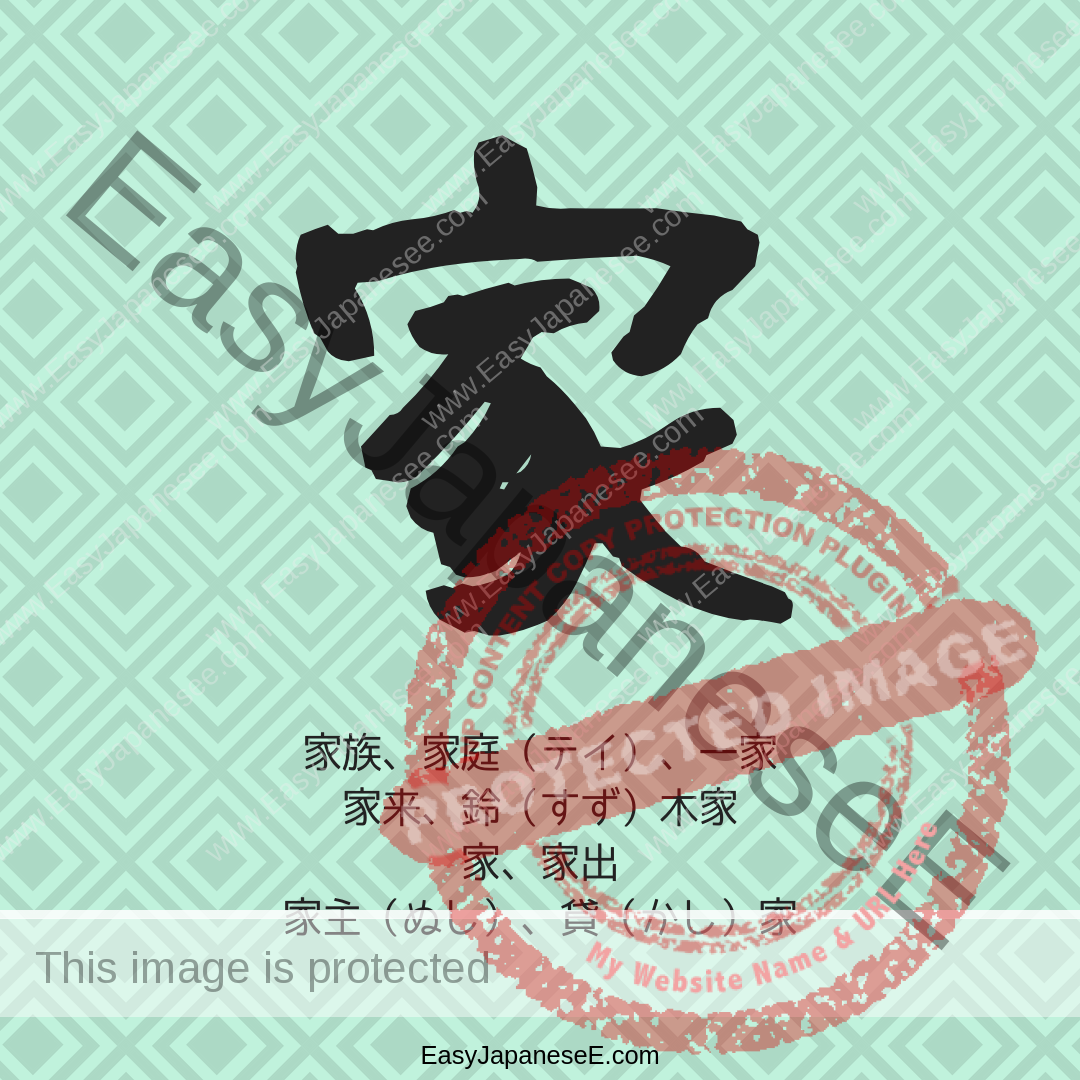

Meaning: houseReading: カ、ケ、いえ、や、うち* 家族(カゾク): a family, one’s family (members)家庭(カテイ): a household, a family一家(イッカ): (somebody’s) entire family, a family 家来(ケライ):…
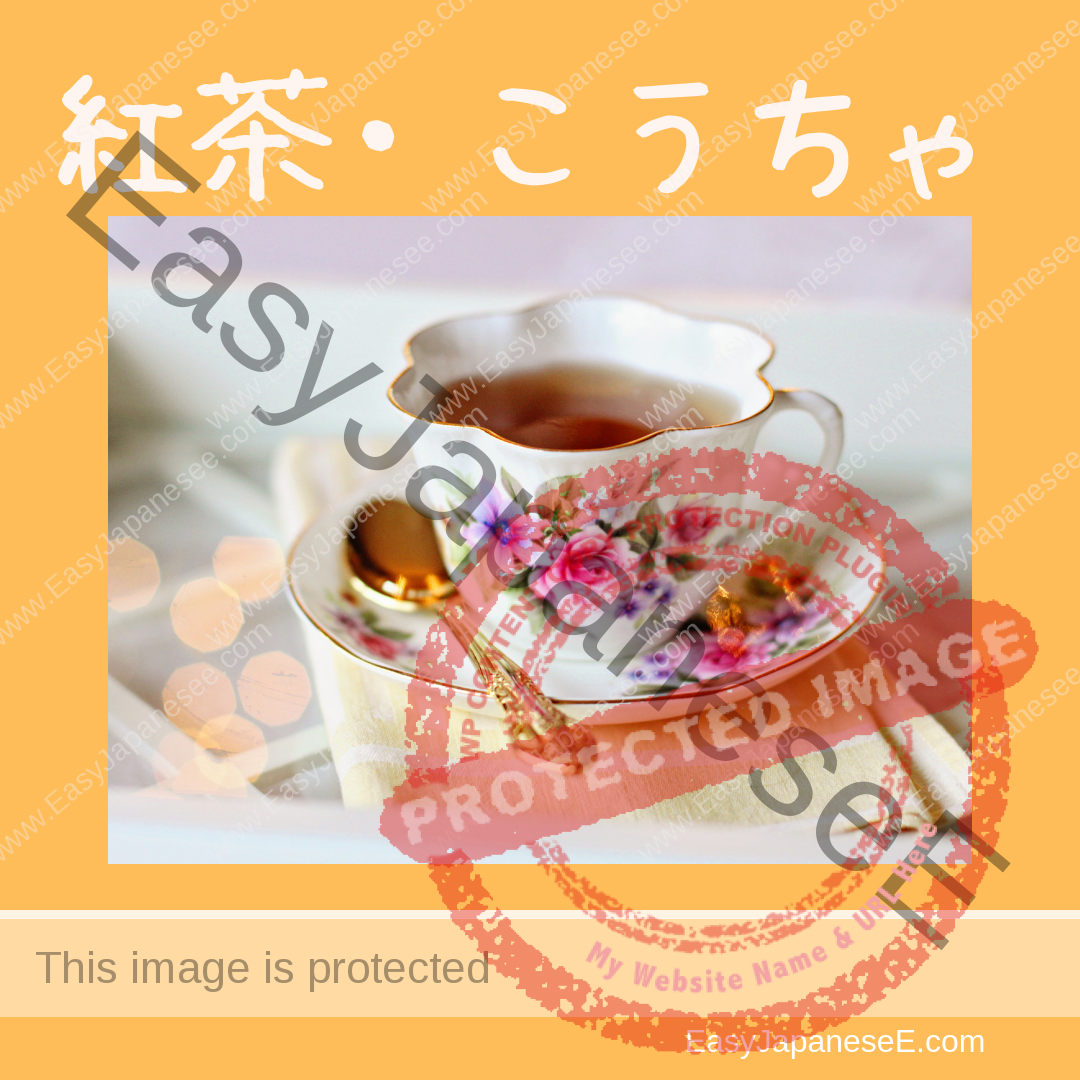
On Tuesday, I talked about Japanese tea. Today, I’m going to talk about “English style tea.” “English style tea” is…
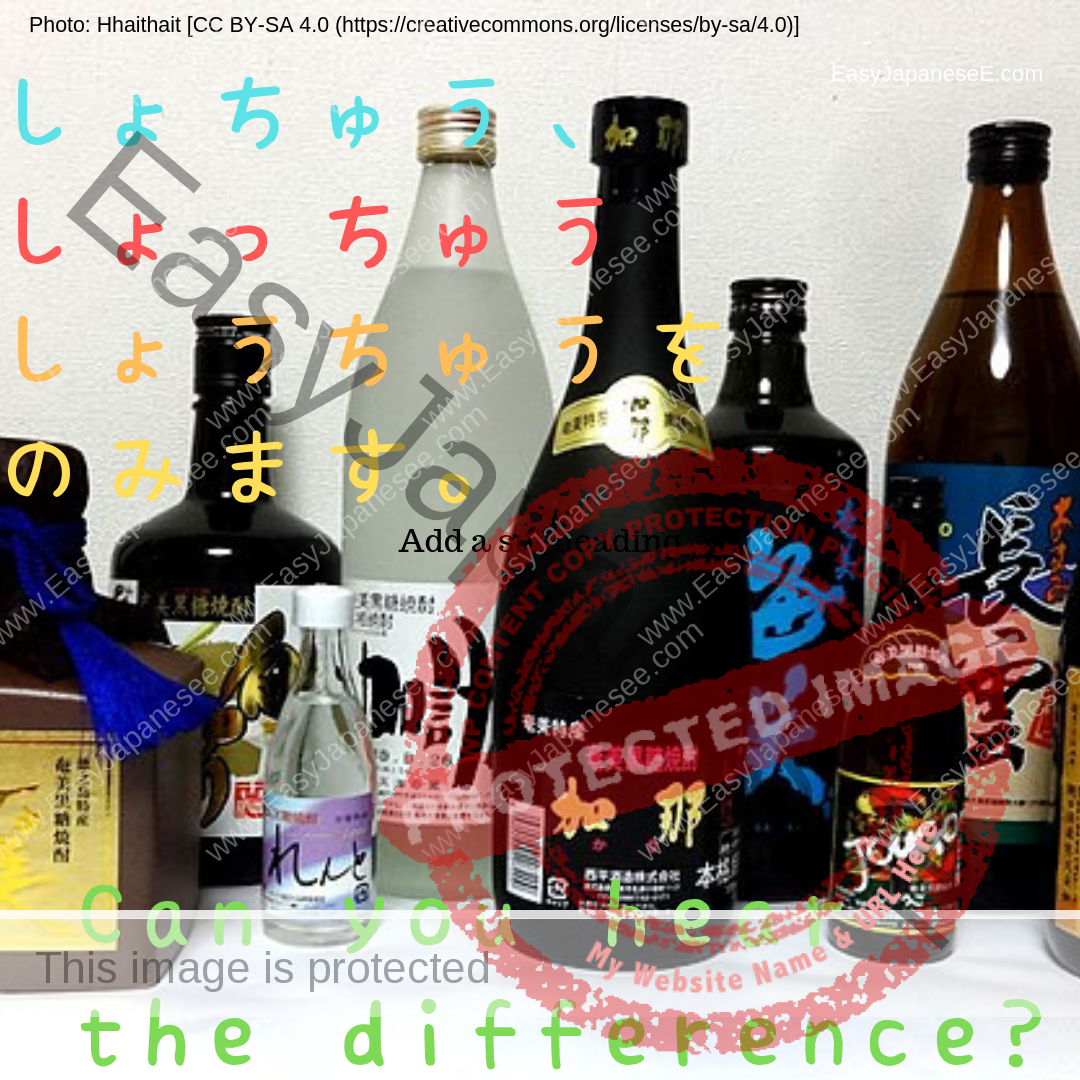
Today’s sound comparison is among しょちゅう, しょっちゅう and しょうちゅう. Listen and repeat the sound. If you can say them correctly, it’s easier to hear them apart.
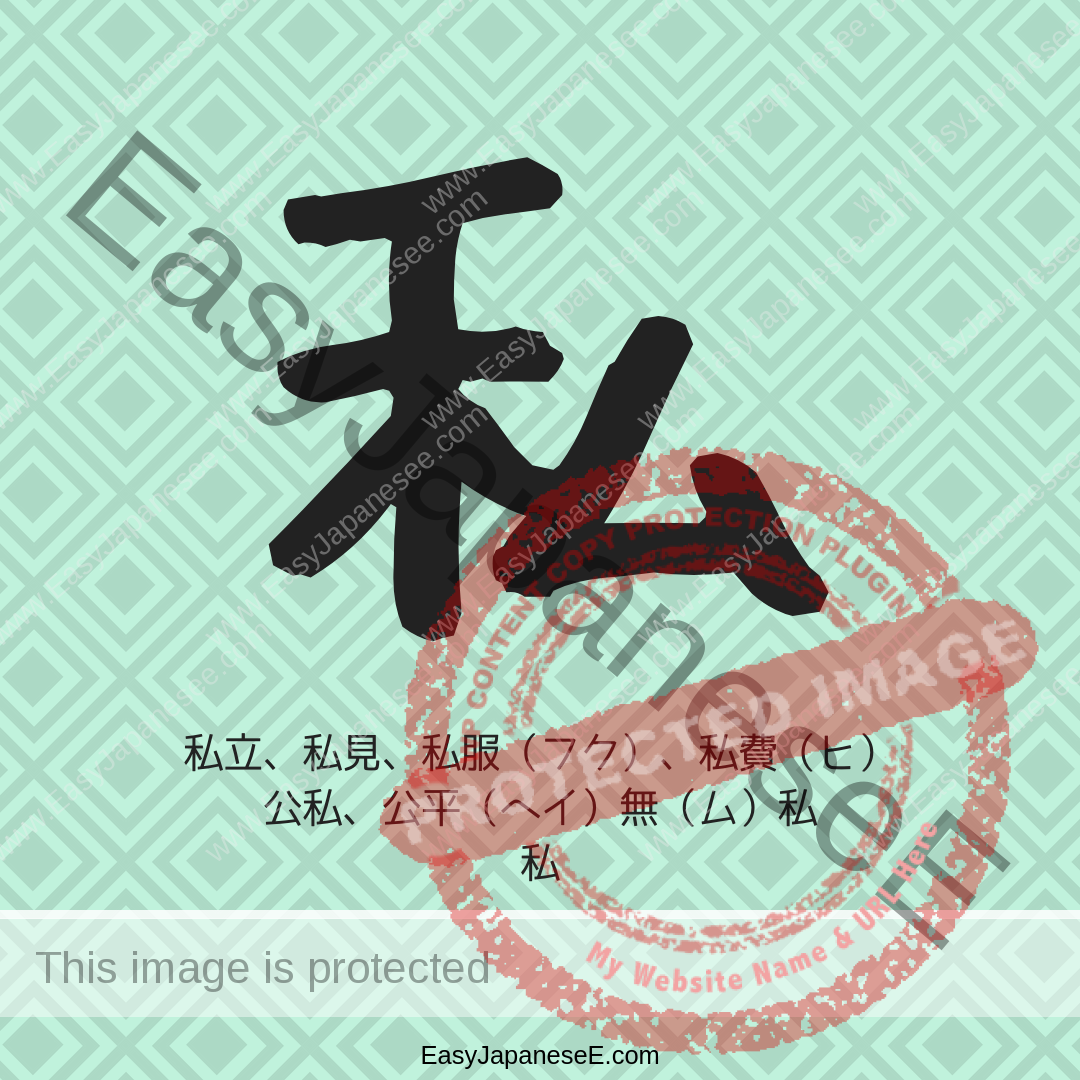
Meaning: private, me Reading: シ、わたくし、わたし 私立(シリツ)(の): private, non-government私見(シケン): one’s personal view私服(シフク): civvies, plain clothes私財(シザイ): private funds私費(シヒ): private expense私利私欲(シリシヨク): greed,…
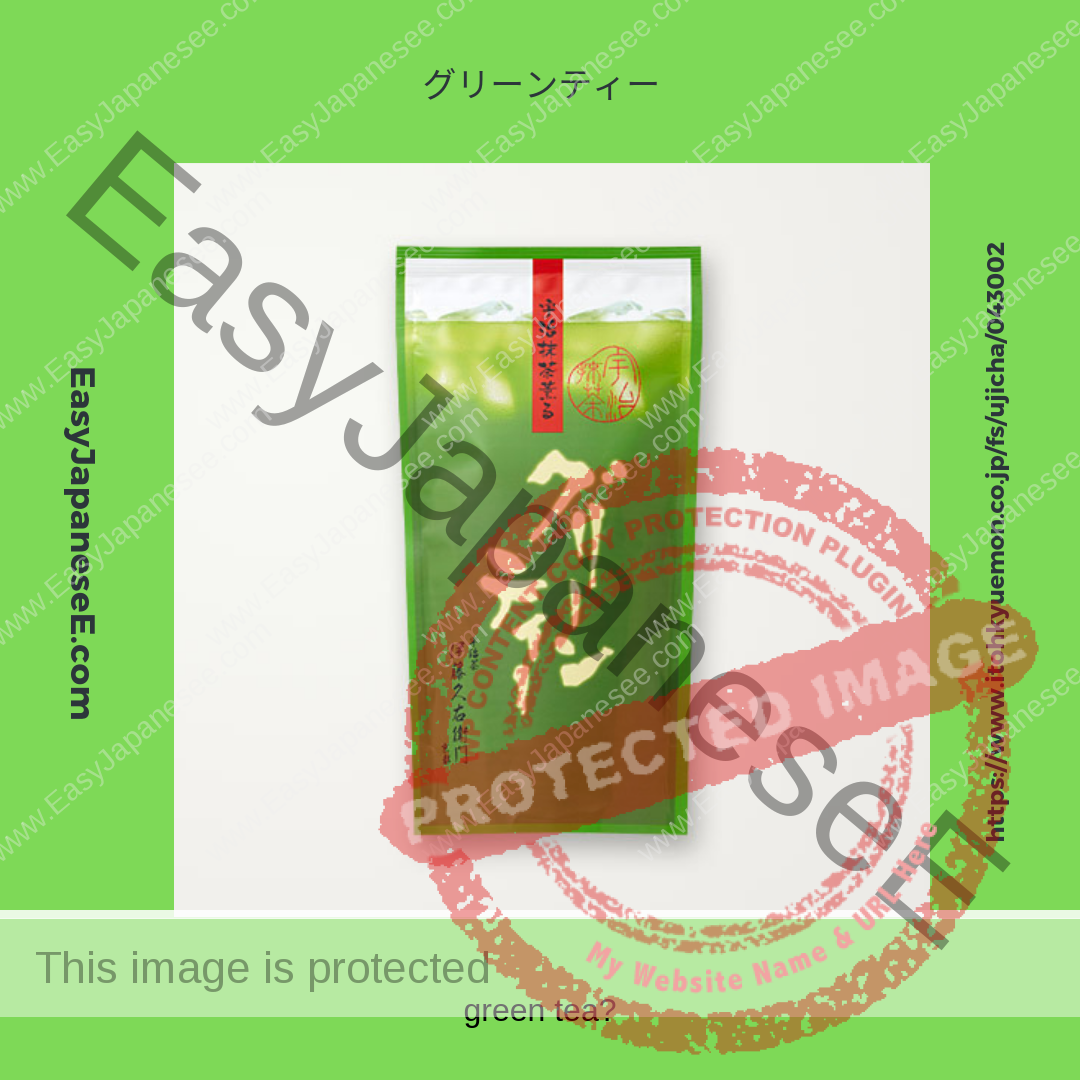
Tea in Japanese is お茶(ちゃ)(ocha) and if you ask for お茶 in Japan, you will probably get a cup of…
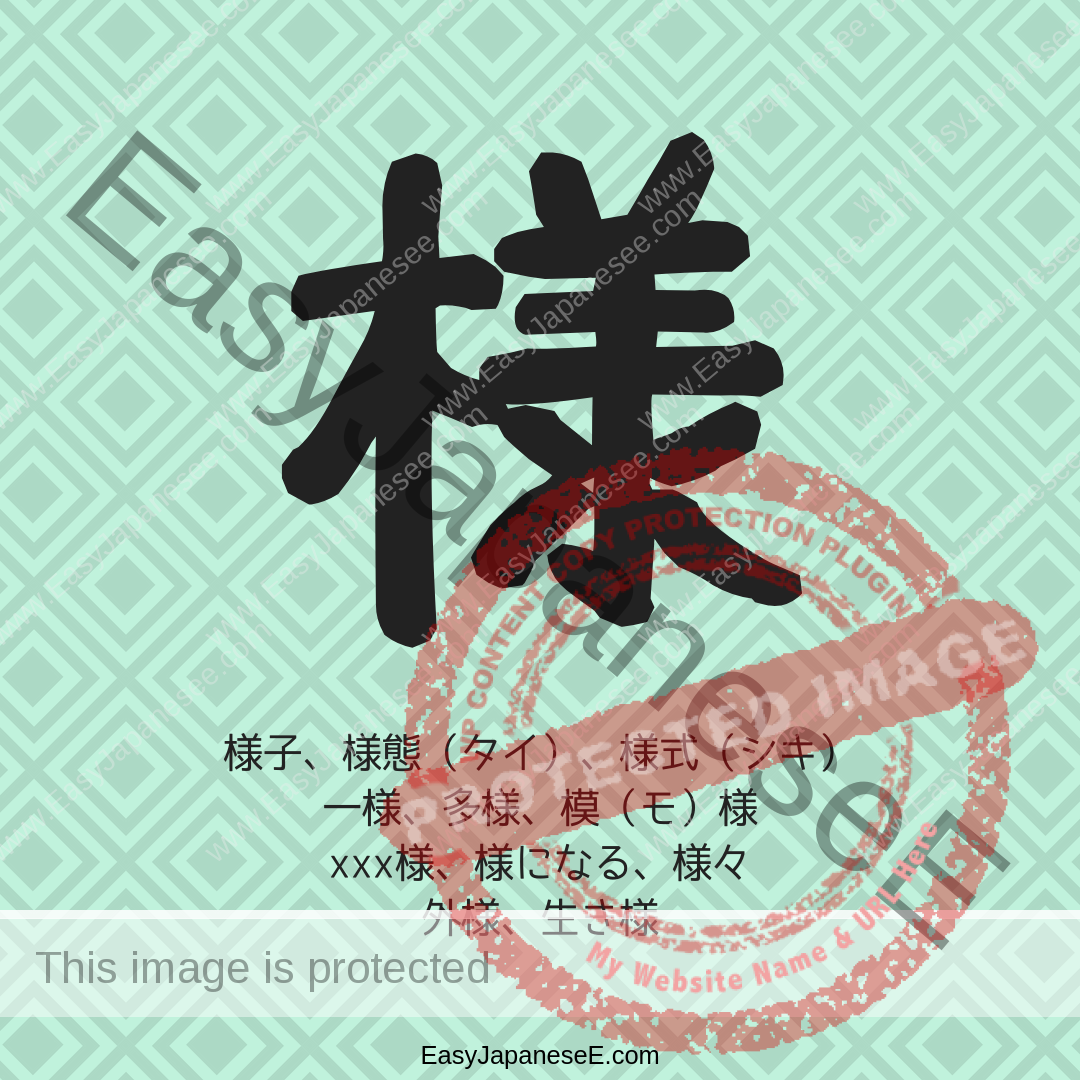
Meaning: a state, condition Reading:ヨウ、さま(ざま) 様子(ヨウス): the state of affairs, the situation様態(ヨウタイ): condition, a state様式(ヨウシキ): a mode, a manner一様(イチヨウ)(な/の):…
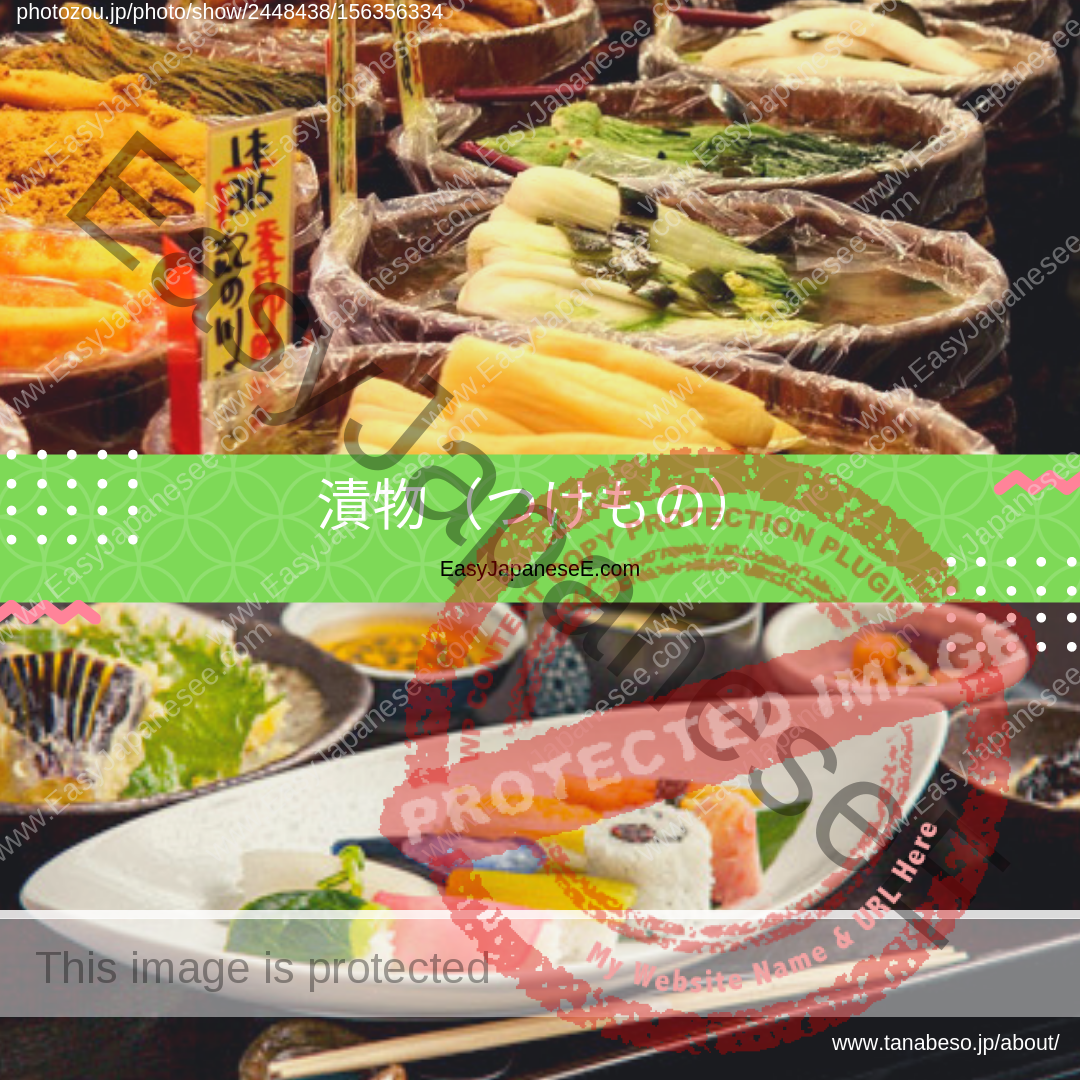
つけもの 漬物 (tsukemono) is a generic word for Japanese pickles. Although the consumption of Tsukemono is on a decrease due…
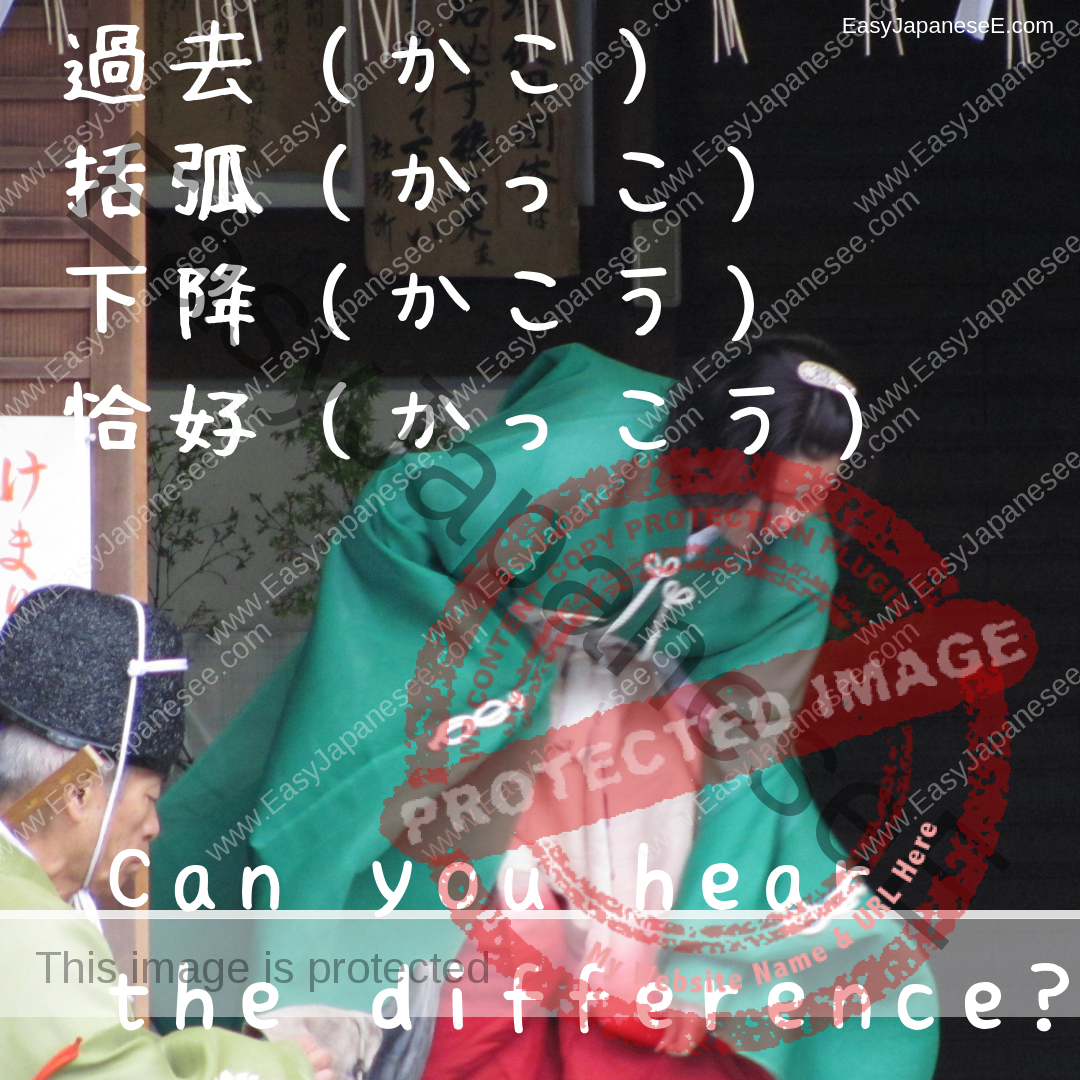
I’m listing up 4 words today but the first pair (かこ and かっこ) and the last pair (かこう and かっこう)…
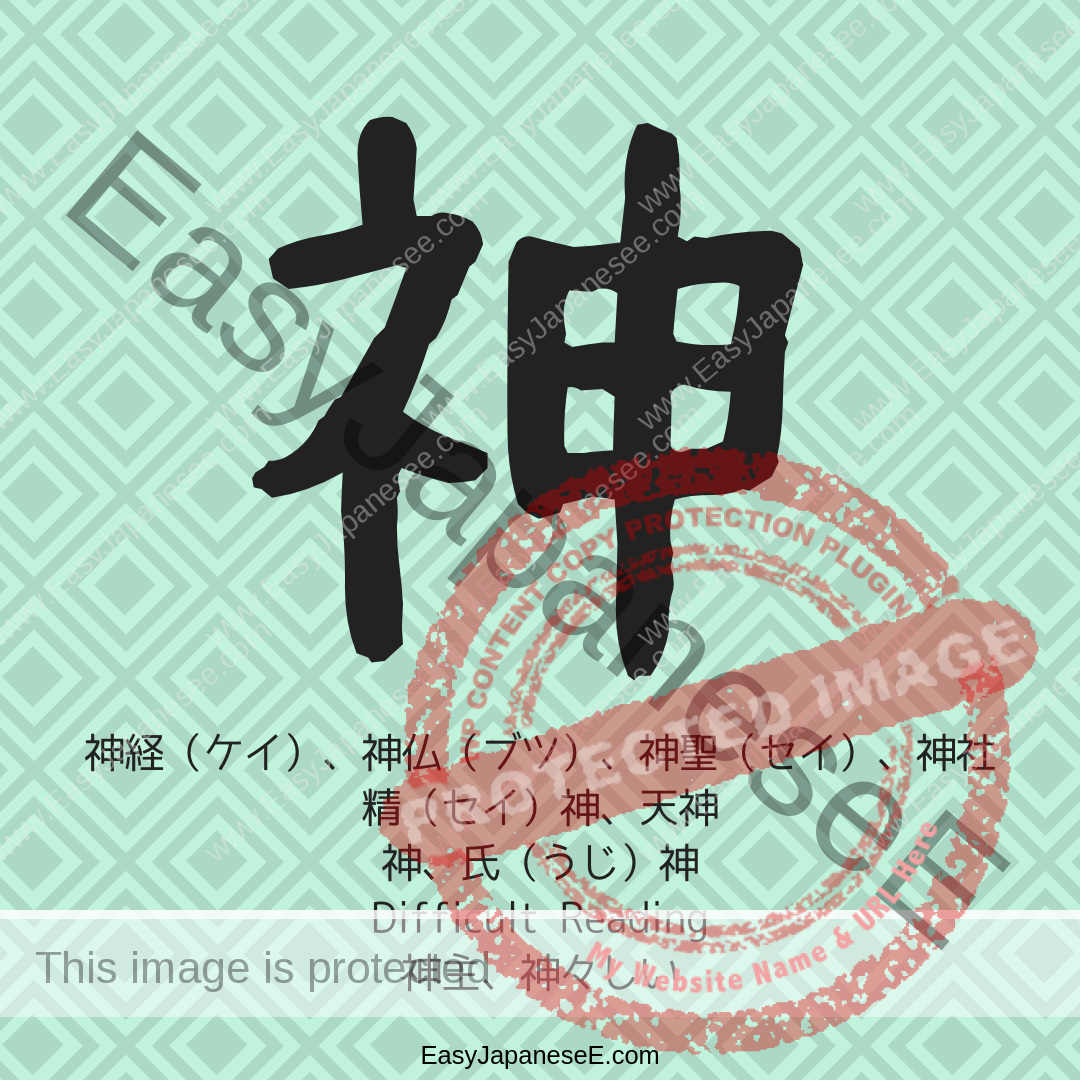
Meaning: god, spirit Reading: シン(ジン)、かみ(がみ)、かん、こう 神経(シンケイ): a nerve; neuron神仏(シンブツ): the gods and Buddha; Shintoist and Buddhist deities神聖(シンセイ)(な); sacred, holy神社(ジンジャ):…
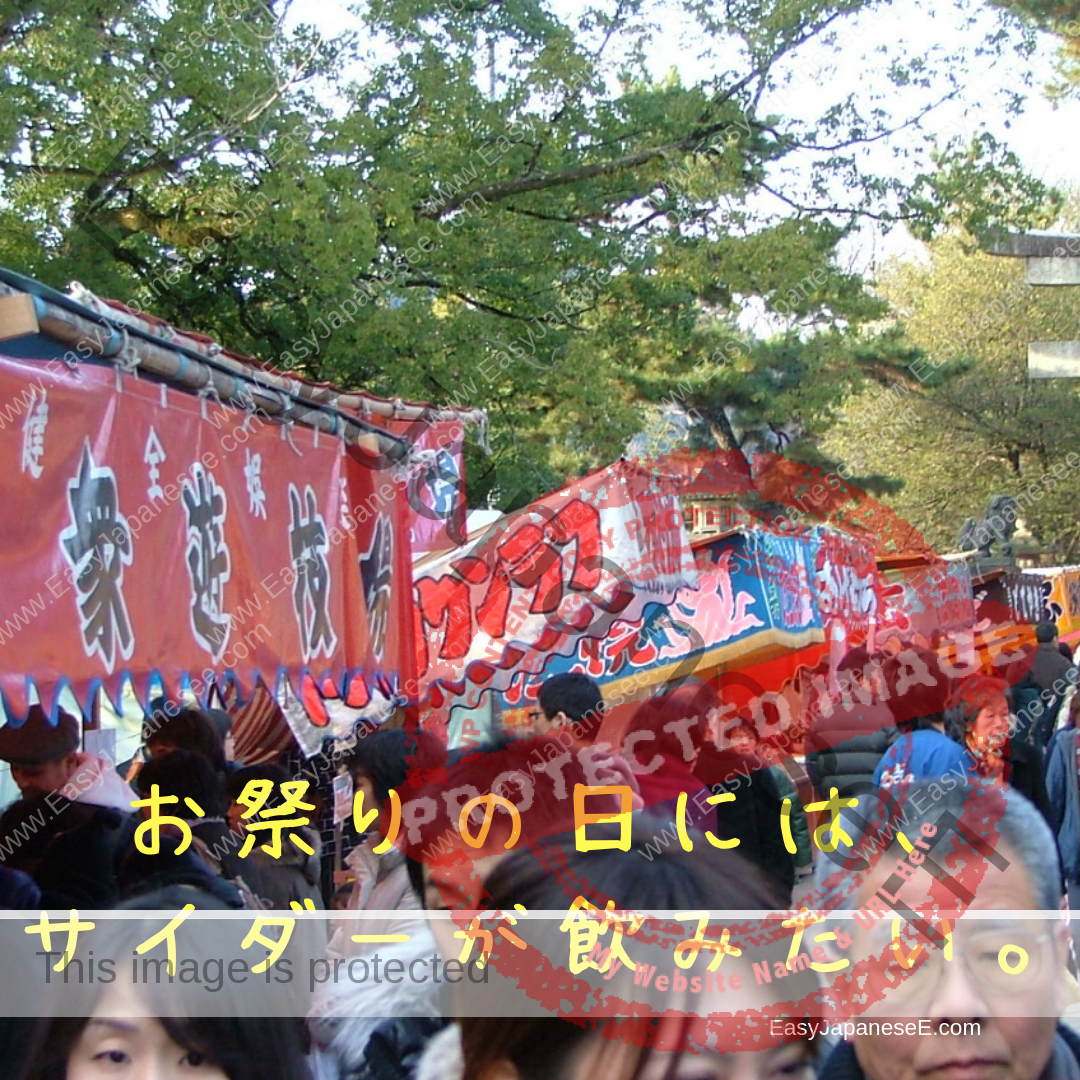
The caption in the photo says: お祭(まつ)りの日(ひ)にはサイダーが飲(の)みたい。 omatsuri no hi ni wa saida- ga nomitai. I want to drink サイダー…
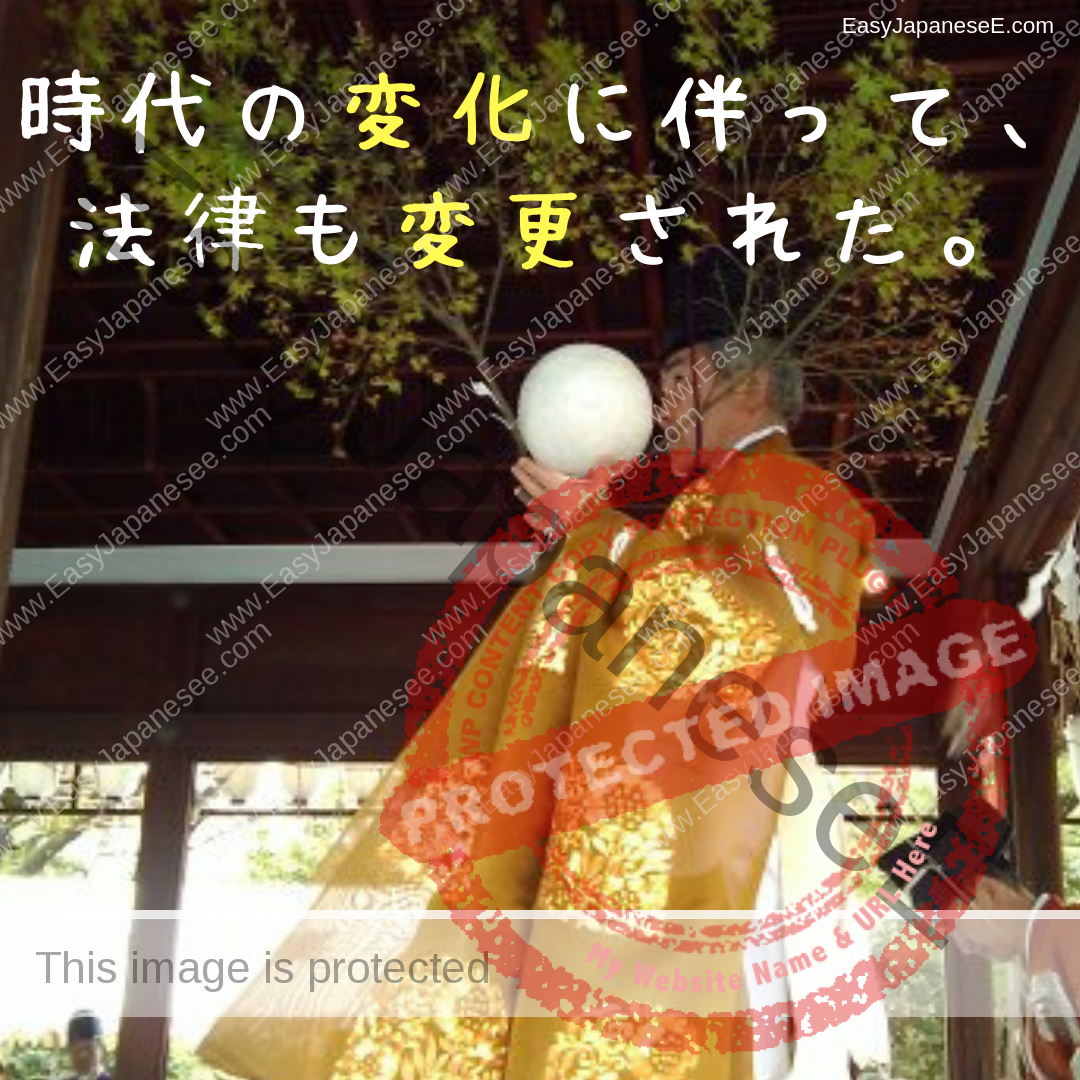
変化 and 変更 both means “change” and many people find it hard to differentiate the two. This post explains the difference and how they can be rephrased.
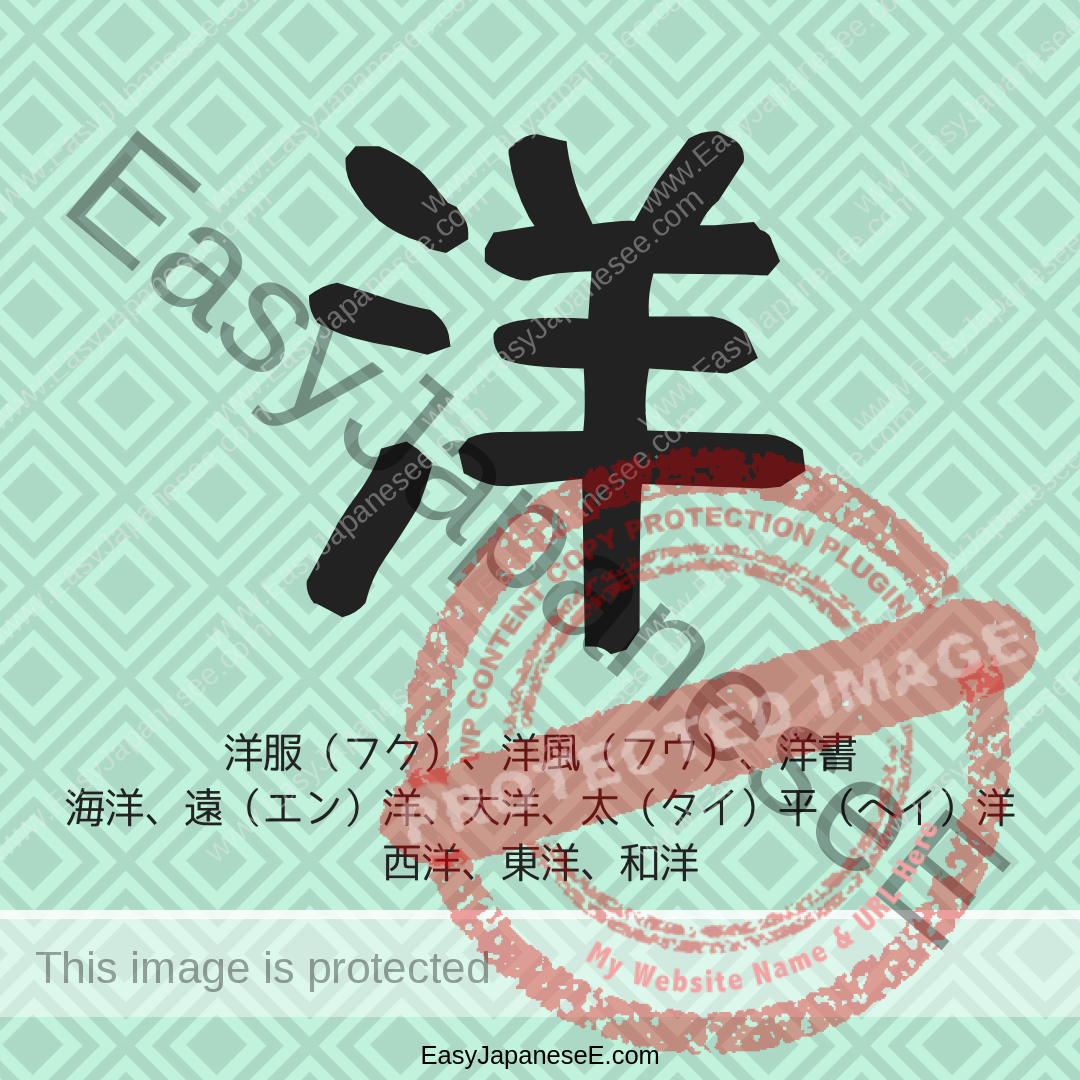
Meaning: ocean, Western Conventional Reading: ヨウ 洋服(ヨウフク): Western clothes洋風(ヨウフウ): Western, European洋書(ヨウショ): a foreign (Western) book海洋(カイヨウ): the sea(s), the ocean遠洋(エンヨウ):…
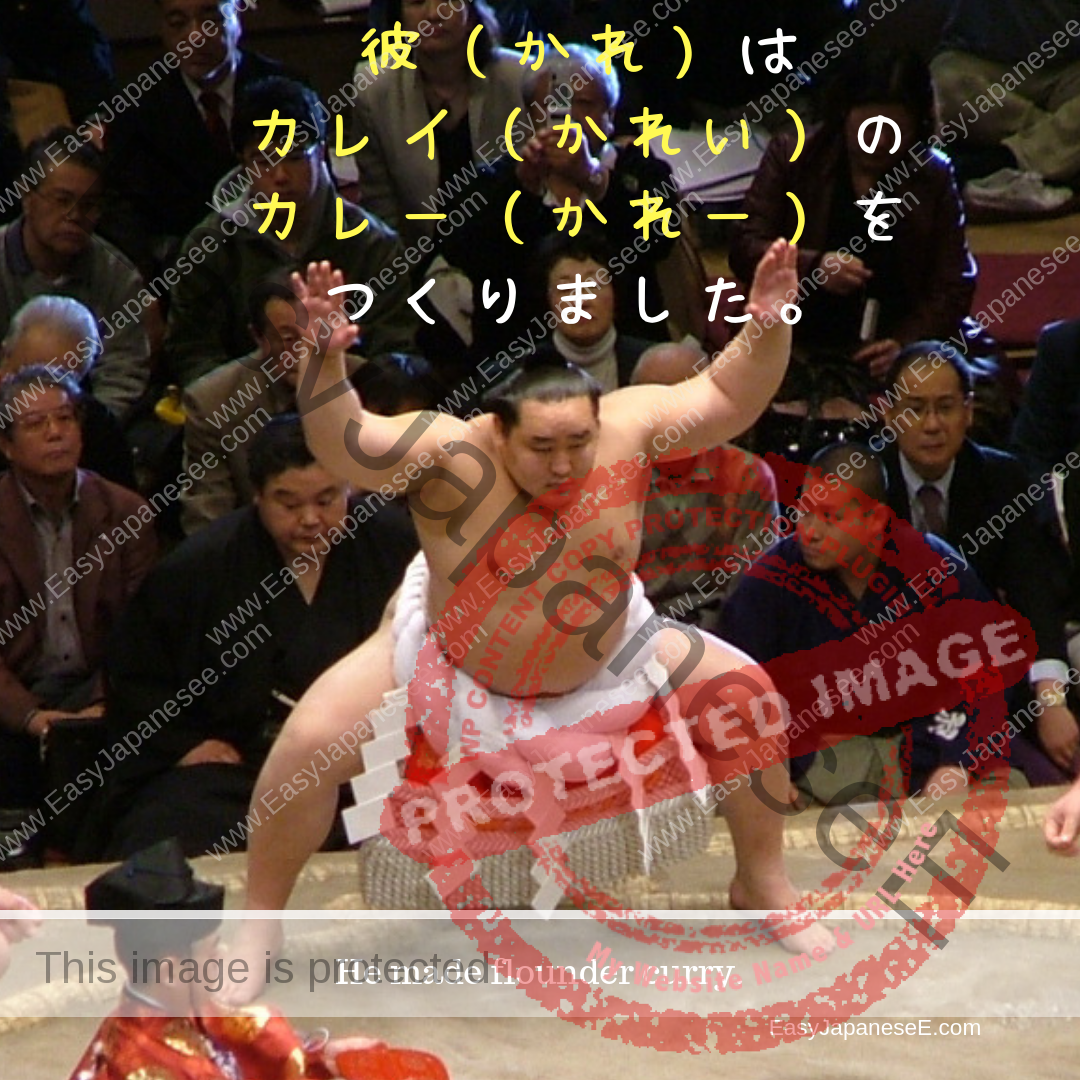
Today’s conundrum is: かれはカレイのカレーをつくりました。 He made flounder curry. Here the key words are かれ (he)、カレイ (flounder)、カレー (curry). First, listen to…
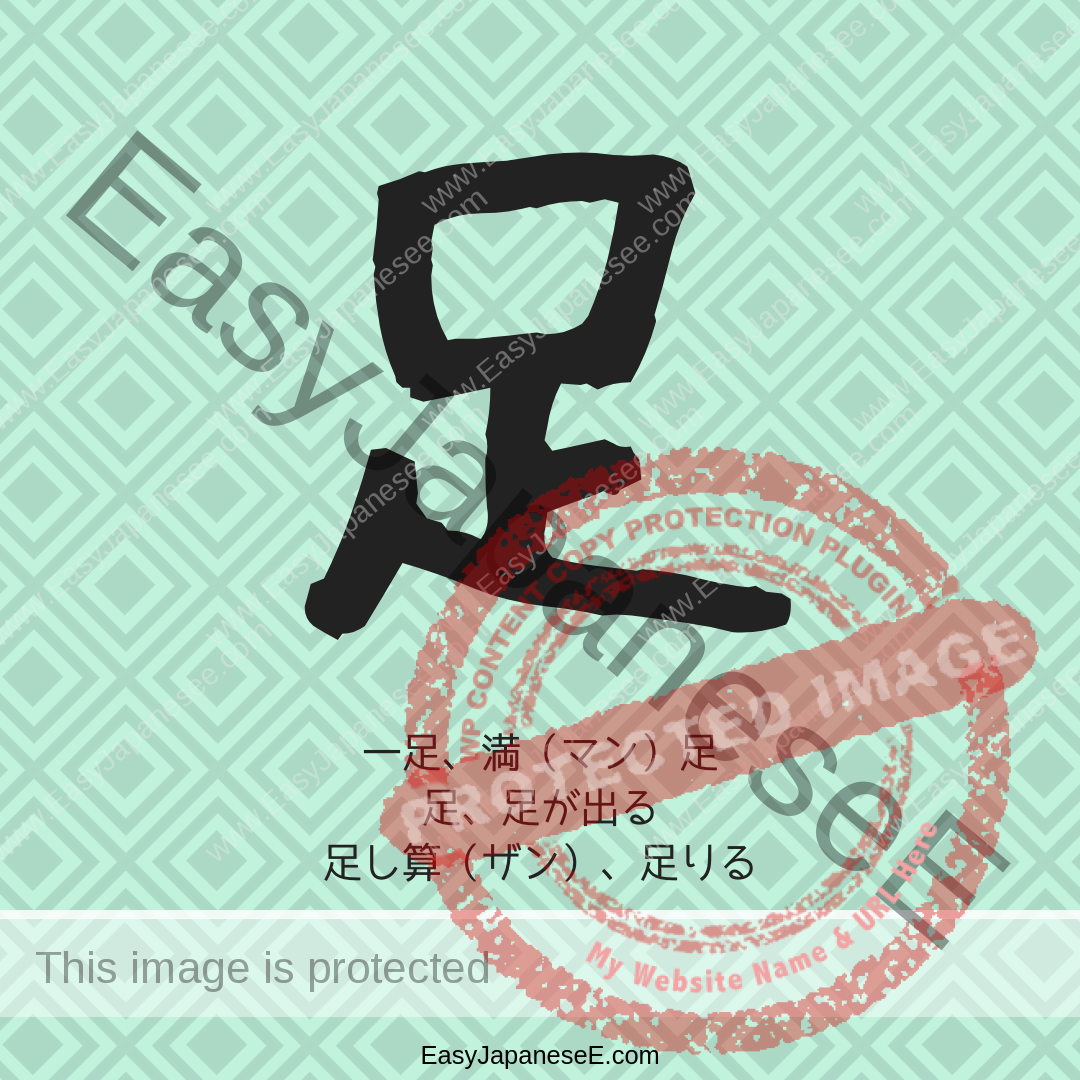
Meaning: foot Reading: ソク(ゾク)、あし、た 足跡(ソクセキ、あしあと): a foot print, a foot mark頭寒足熱(ズカンソクネツ): keeping one’s head cool and one’s feet warmご足労(ソクロウ):…
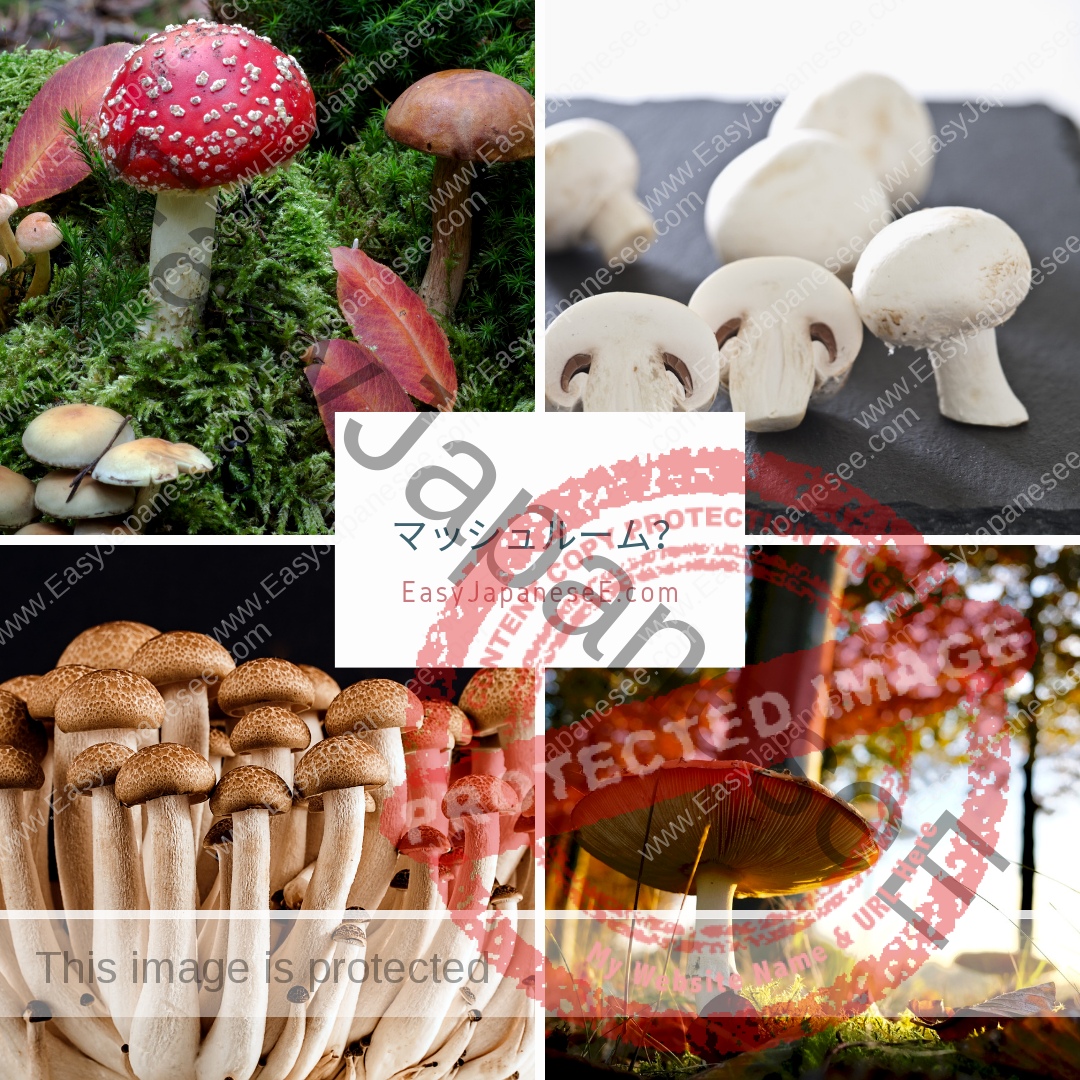
マッシュルーム is the transliteration of the English word “mushroom.” Some people might be saying “so what?” In Japanese, マッシュルーム refers…
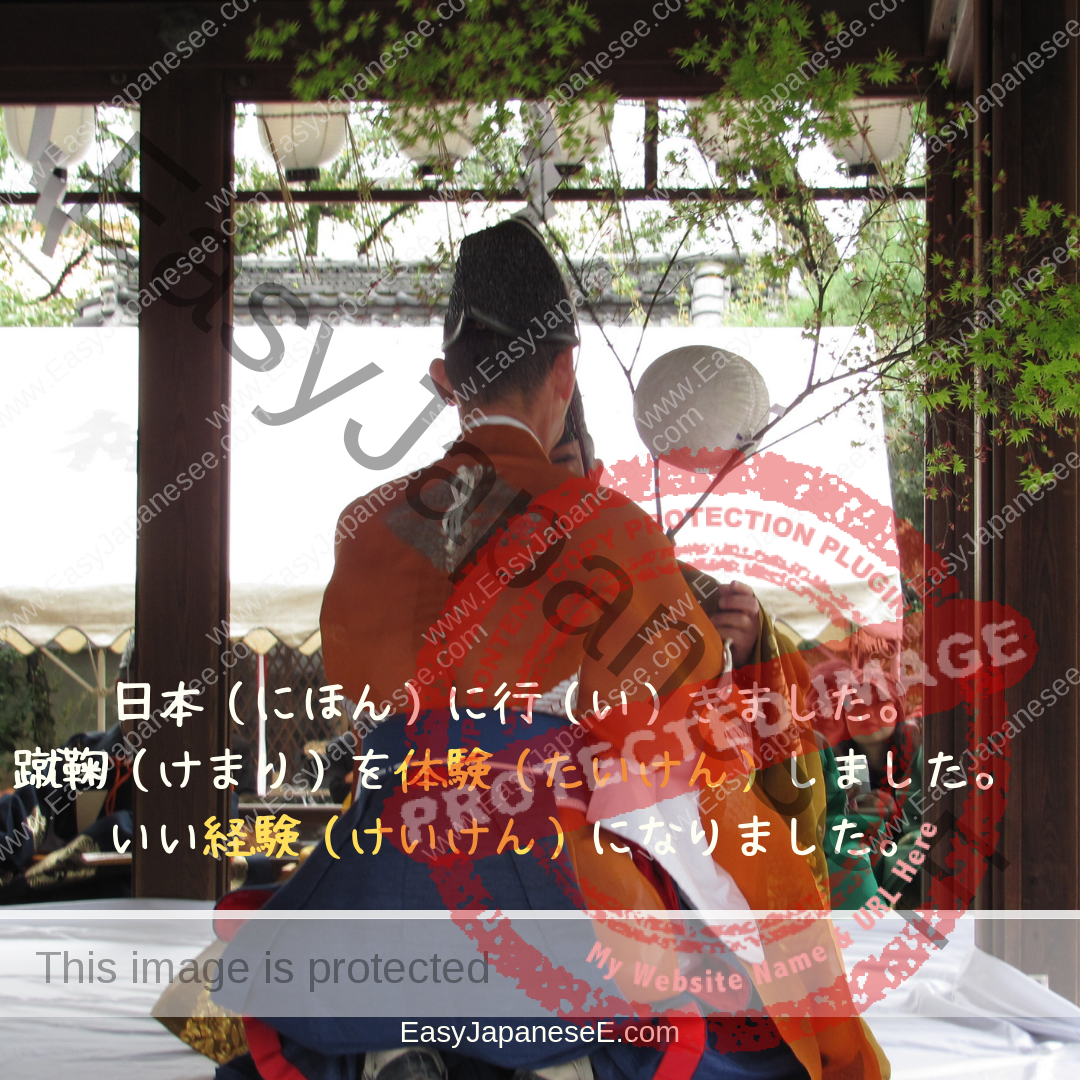
体験 and 経験 are both translated as “experience” in English, but they are not interchangeable. This post explains the difference and when to use which.
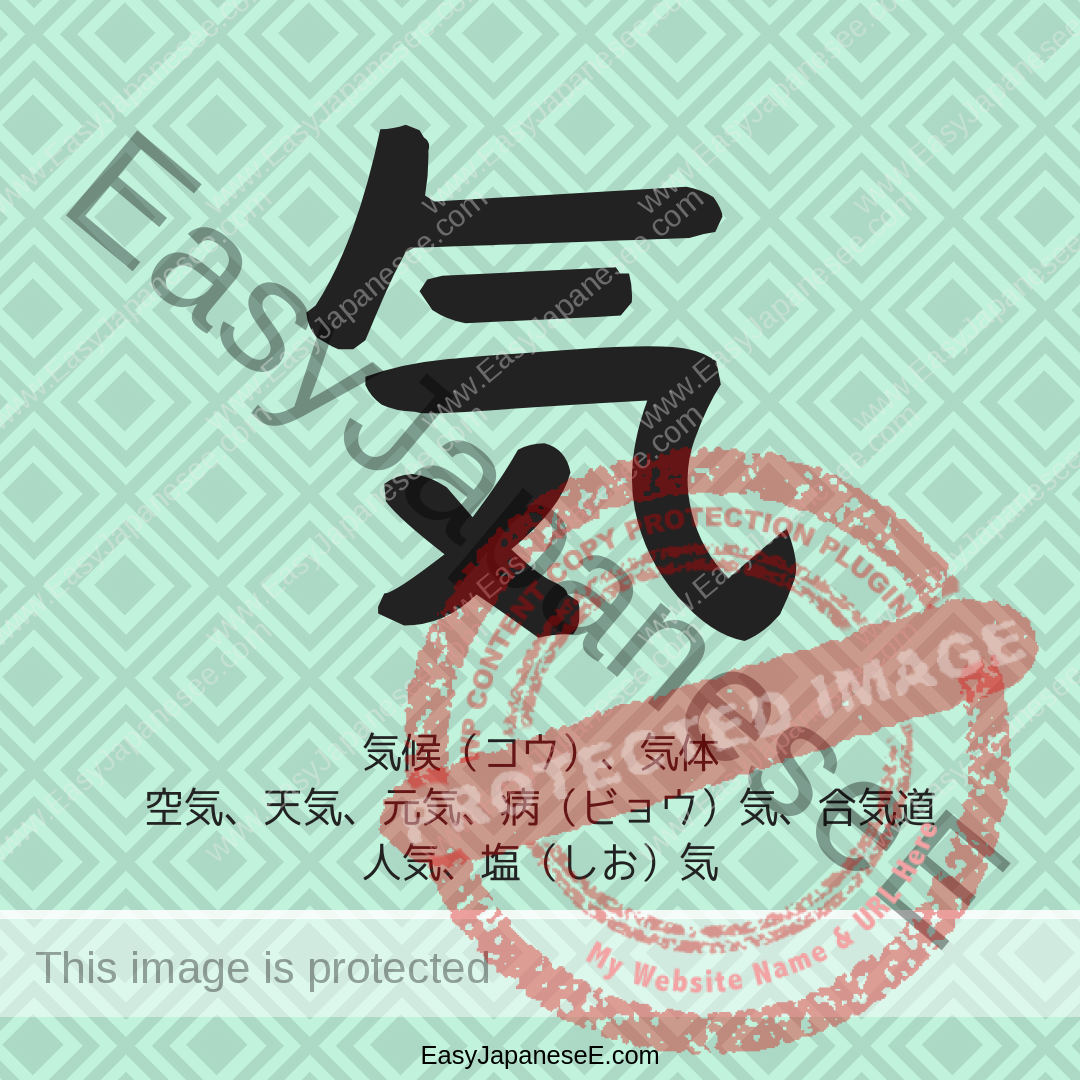
Meaning: gas, spirit Reading: キ、ケ(ゲ) 気候(キコウ): climate気体(キタイ): a gas, a vapour空気(クウキ): air, the atmosphere天気(テンキ): the weather元気(ゲンキ)(な): healthy, lively病気(ビョウキ): illness,…
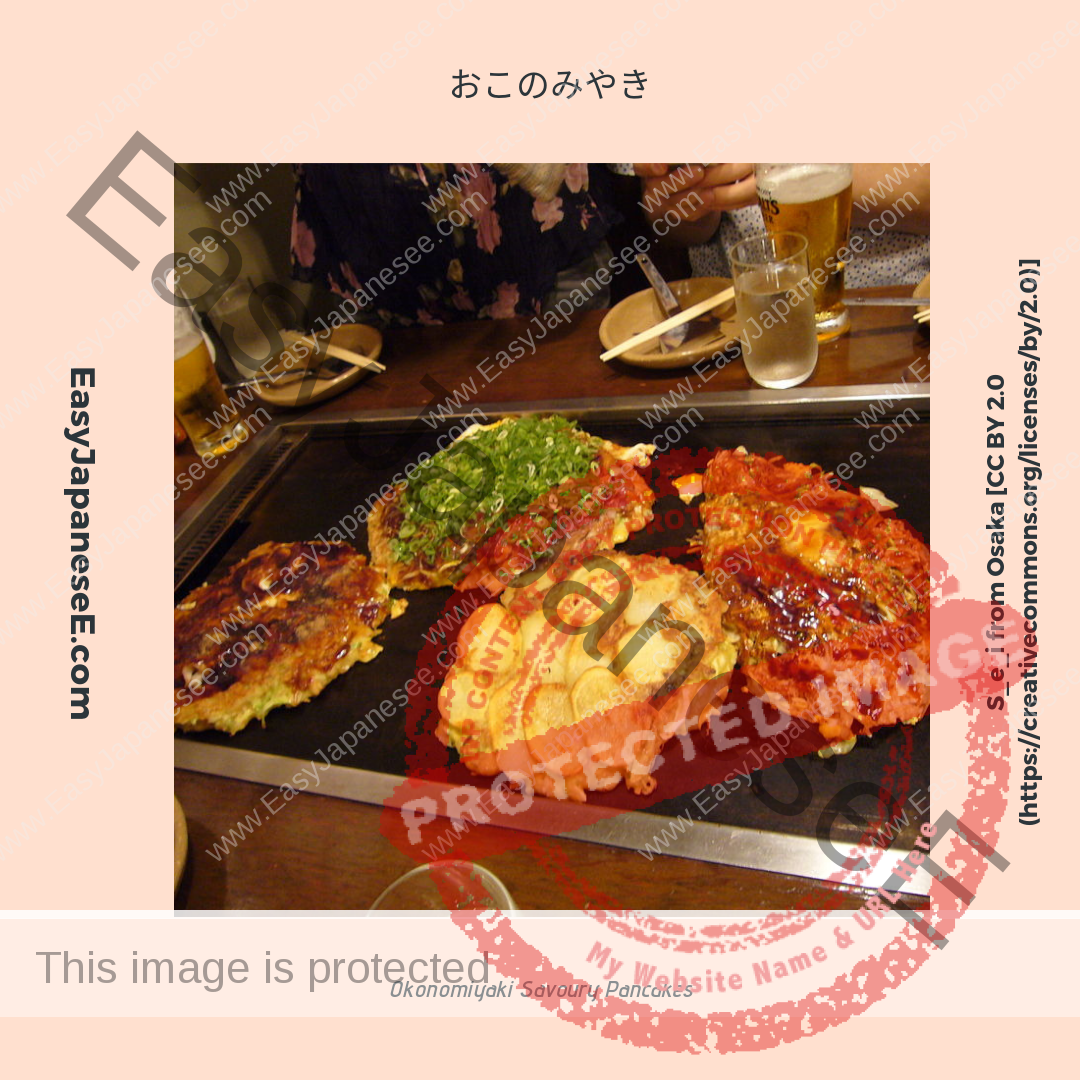
おこのみやき Your content goes here… おこのみやき is a savoury pancake in Japan. The word おこのみやき is made of 2 parts…
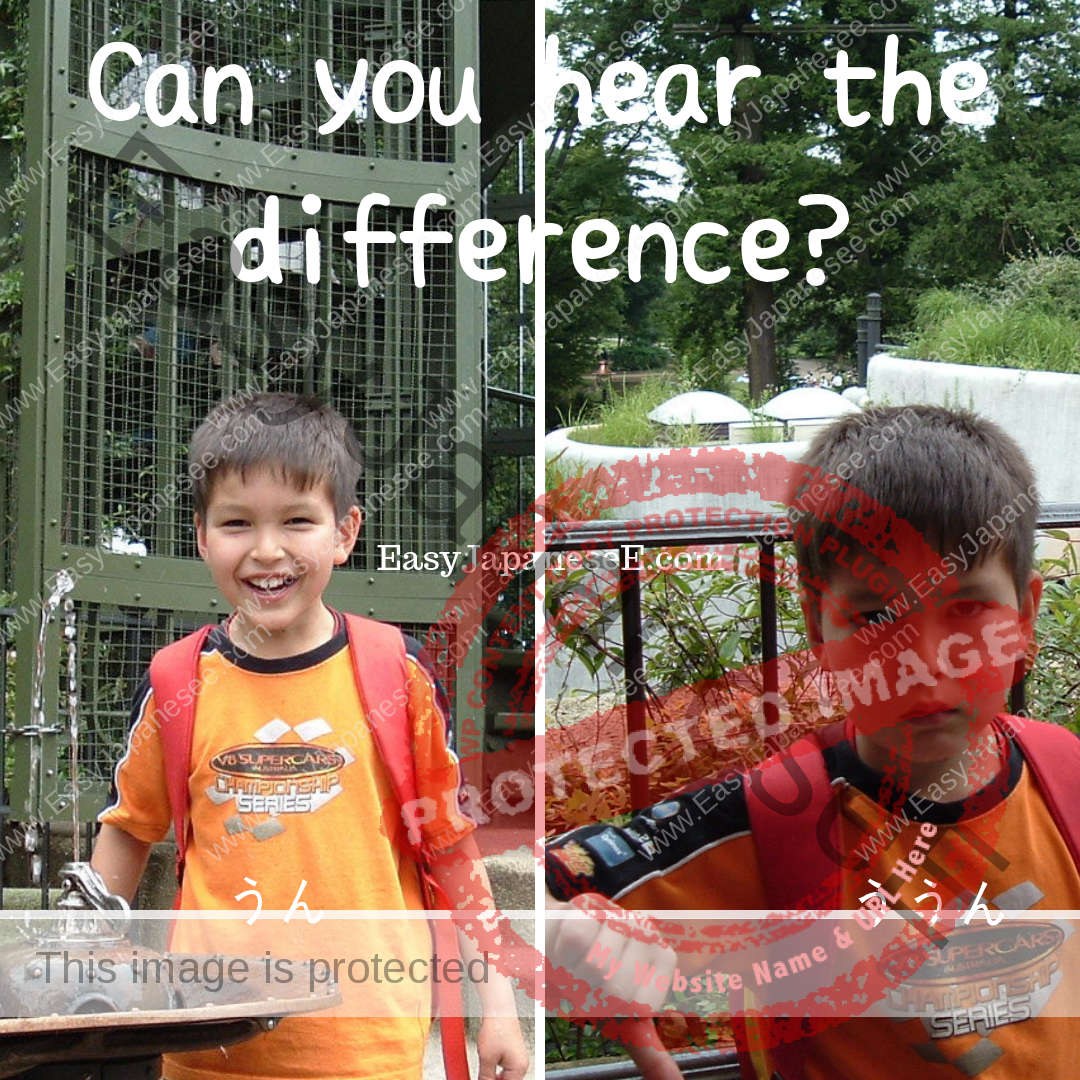
うん and ううん may not appear in textbooks but kids in Japan use them all the time. Although sounding similar to Western ears, the meanings are completely opposite.
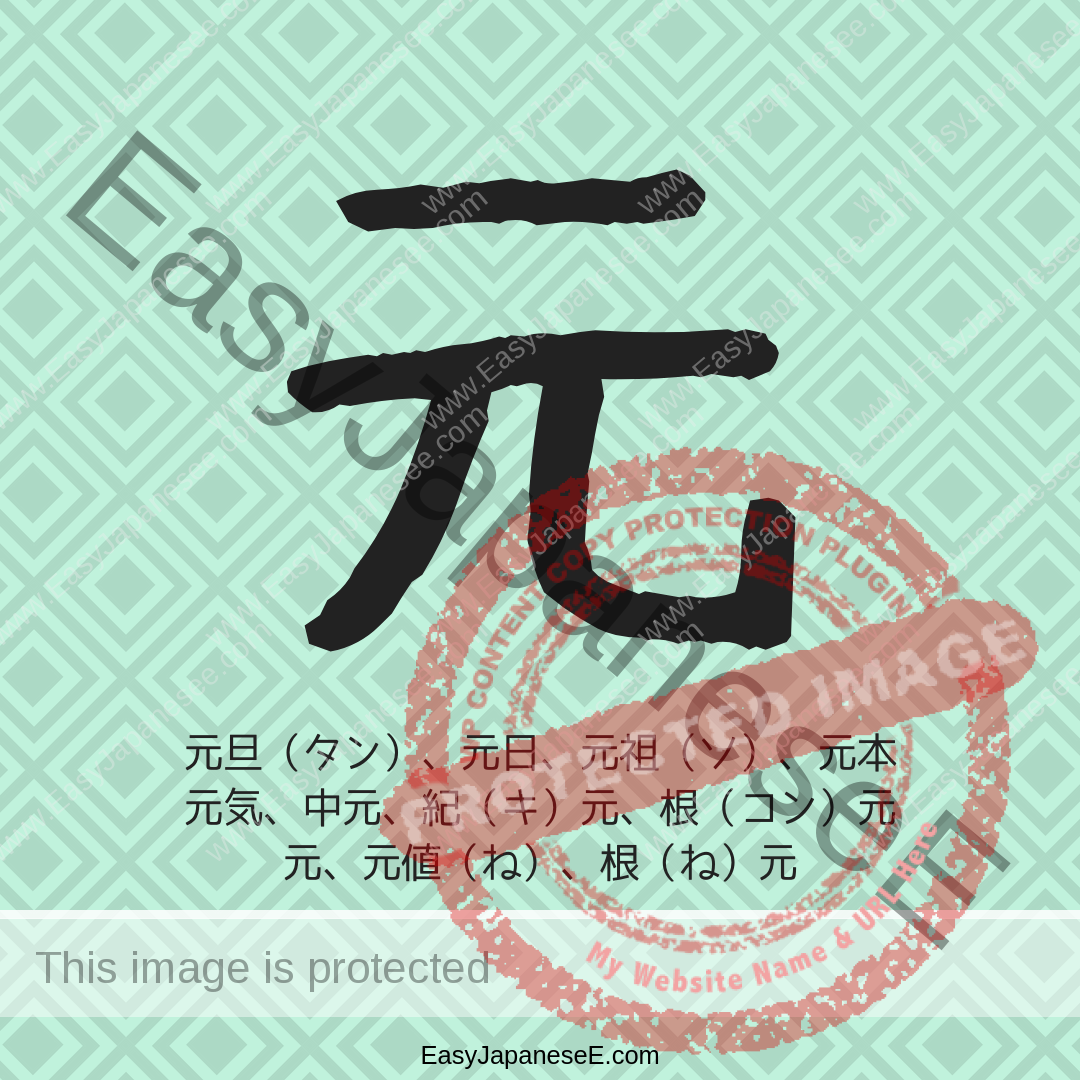
Meaning: the origin Reading: ガン、ゲン、もと 元旦(ガンタン): New Year’s Day元日(ガンジツ): New Year’s Day元祖(ガンソ): the founder元本(ガンポン): capital, principal 元(ゲン): a…
